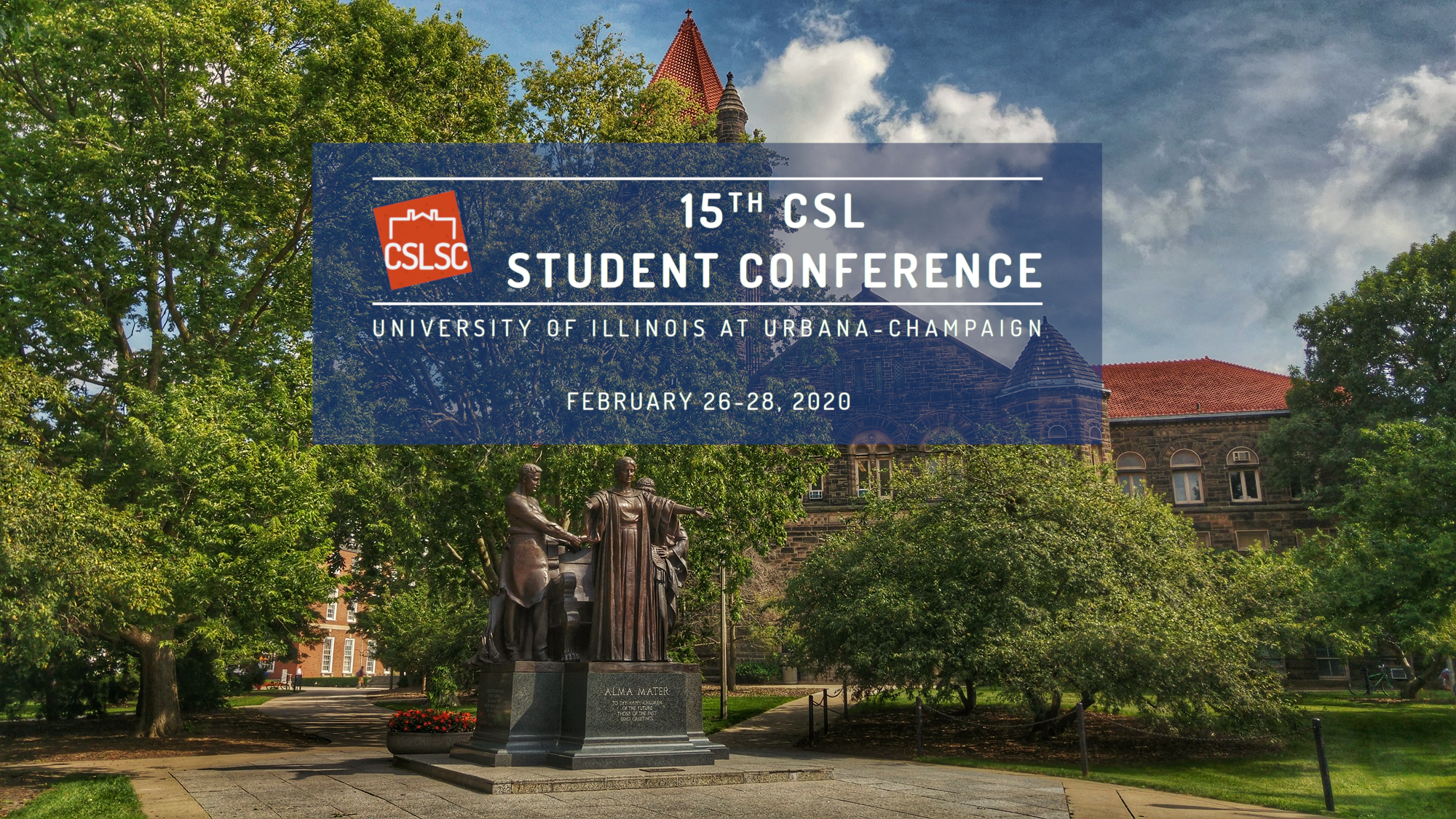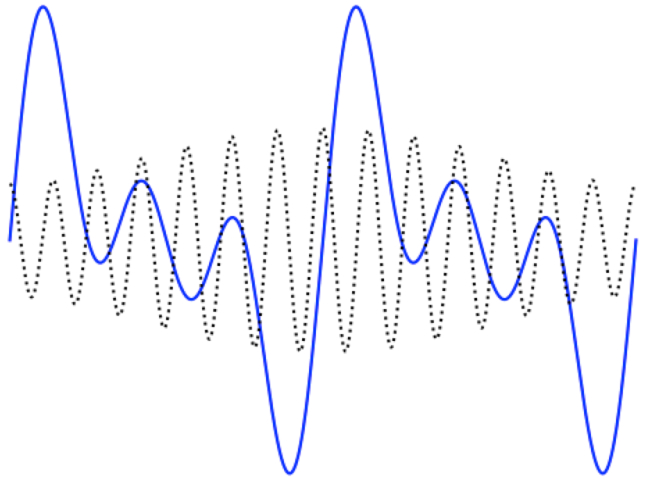Sponsored by VAIL Systems!
In the current wave of artificial intelligence, machine learning, which aims at extracting practical information from data, is the driving force of many applications; and signals, which represent the world around us, provide a great application area for machine learning. In addition, development of machine learning algorithms, such as deep learning, advances signal processing by providing new tools and makes it possible to solve signal processing problems that were considered difficult with traditional approaches.
The theme of this session is thus to present research ideas from machine learning and signal processing. We welcome all research works related to (but not limited to) the following areas: deep learning, neural networks, statistical inference, computer vision, image and video processing, speech and audio processing, pattern recognition, information-theoretic signal processing.
Keynote Speaker – Dr. Michael Picheny, NYU-Courant Computer Science and the Center for Data Science
Speech Recognition: What’s Left?
Abstract:

Bio
Dr. Picheny has worked in the Speech Recognition area since 1981, joining IBM after finishing his doctorate at MIT. He was heavily involved in the development of almost all of IBM’s recognition systems, ranging from the world’s first real-time large vocabulary discrete system in 1984 through IBM’s product lines for telephony and embedded systems in the 1990s, and most recently was responsible for putting out a set of Speech Services for both Speech Recognition and Speech Synthesis during his tenure in IBM’s Watson Group. He has published numerous papers in both journals and conferences on almost all aspects of speech recognition (see web page for details). He is the co-holder of over 50 patents and was named a Master Inventor by IBM in 1995 and again in 2000. In addition to professional volunteer service (as indicated below), he served multiple times as an Adjunct Professor in the Electrical Engineering Department of Columbia University and co-taught a course in speech recognition. He is a Fellow of both the IEEE and of ISCA.
Dr. Picheny was a manager for 35 years in the Speech area at IBM, and led the Speech team in Yorktown Heights since 2007. He just retired from IBM and joined NYU-Courant Computer Science and the Center for Data Science as a part-time Research Professor. At NYU, he hopes to continue speech recognition research and focus on problems dealing with challenging types of speech problems such as accented and disfluent speech, and rapid domain adaptation, as well as looking into cross-modality synergies involving text and vision.
Student Speakers
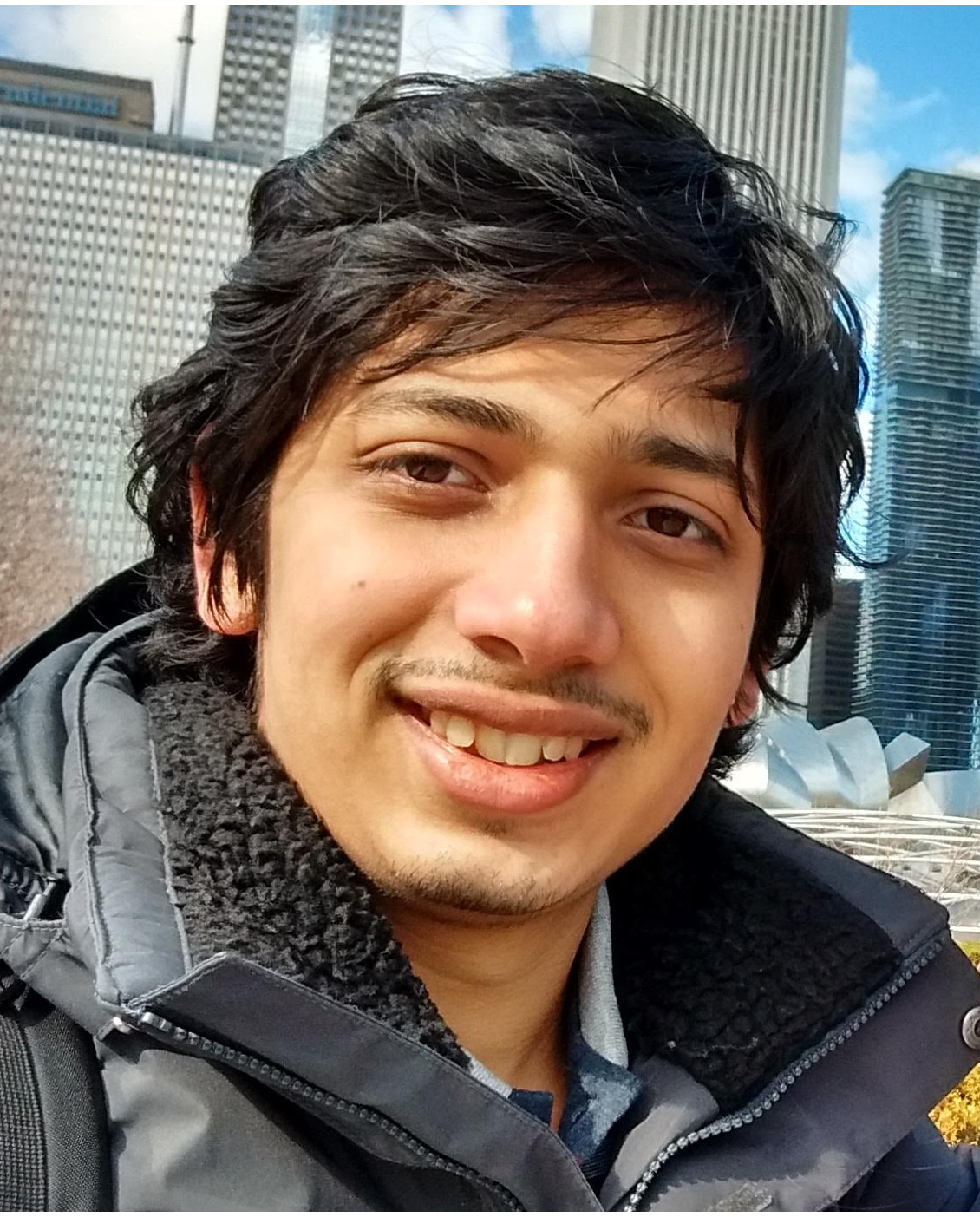 |
Varun Kelkar, UofI Compressible Latent Space Invertible Networks for Compressive MRI (Technical Session Award) |
||
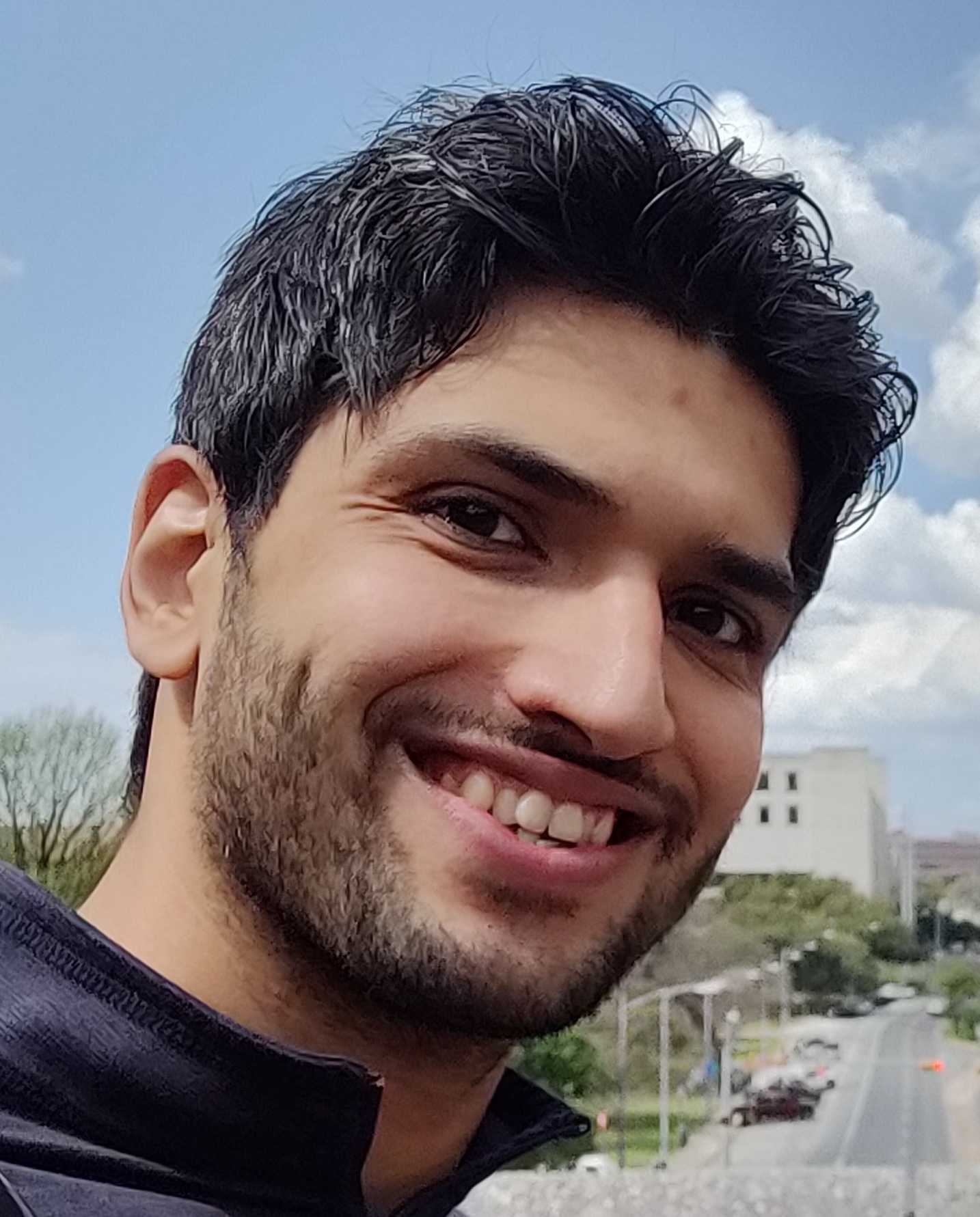 |
Invited Speaker – Abolfazl Hashemi, University of Texas at Austin Progressive Stochastic Greedy Sparse Reconstruction and Support Selection |
||
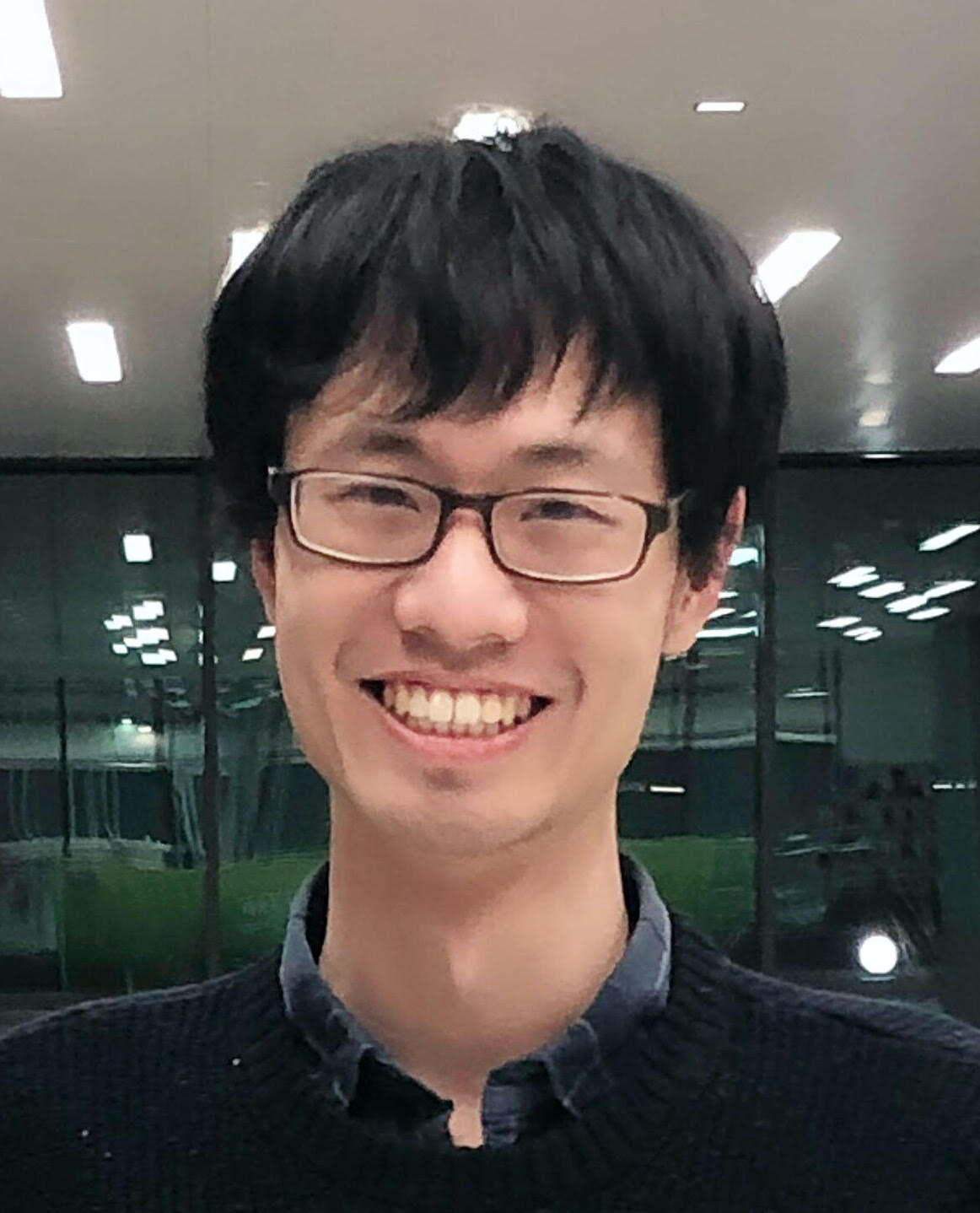 |
Peixin Chang, UofI Robot Sound Interpretation: Combining Sight and Sound in Learning-Based Control |
||
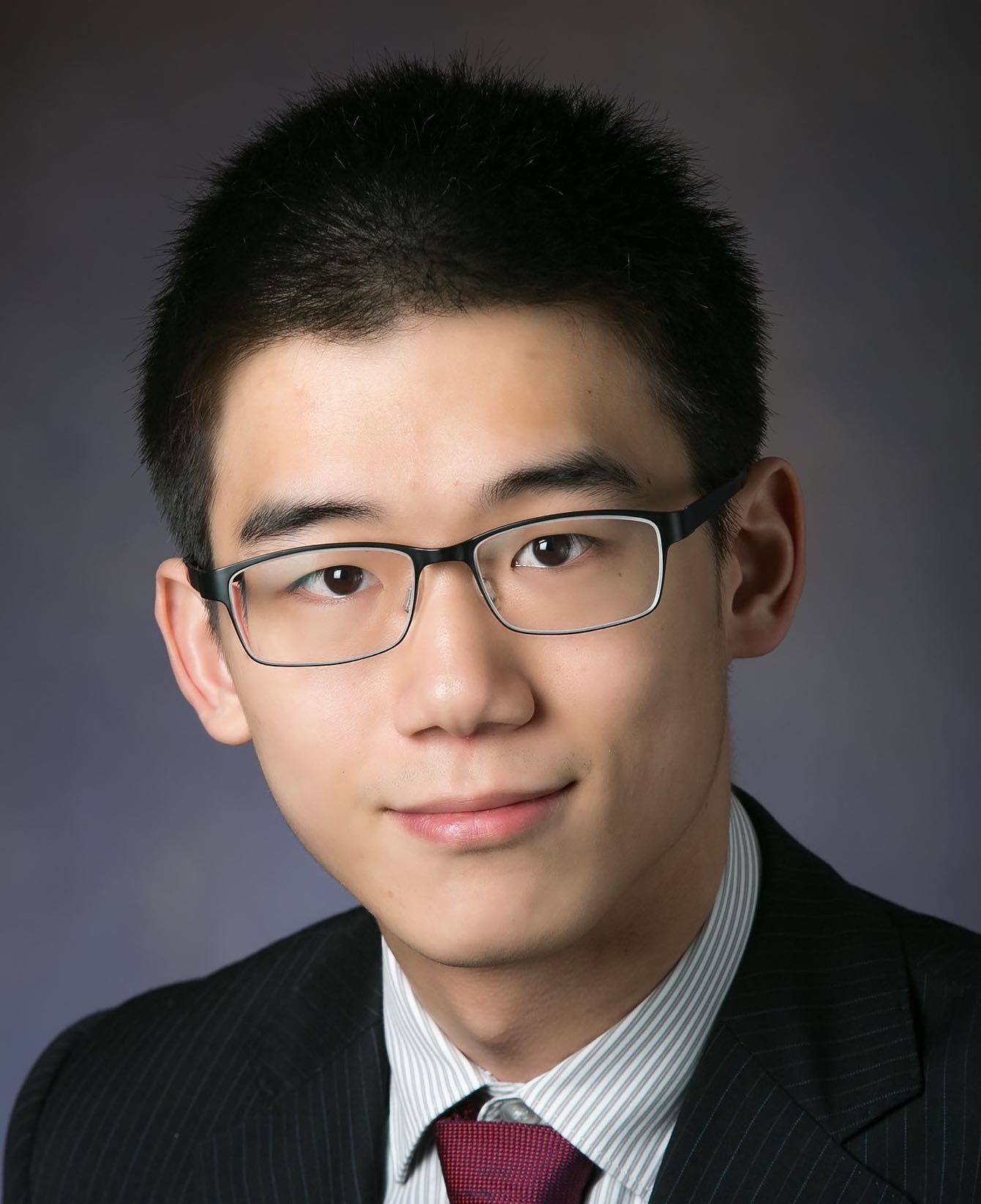 |
Raymond Yeh, UofI Chirality Nets for Human Pose Regression |
||
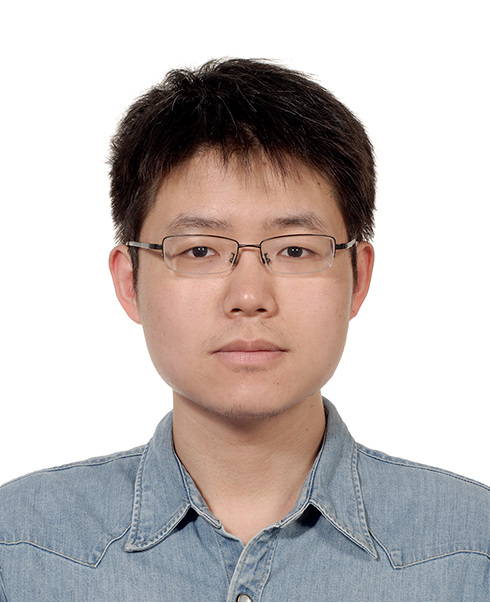 |
Ziewi Ji, UofI Polylogarithmic Width Suffices for Gradient Descent to Achieve Arbitrarily Small Test Error with Shallow ReLU Networks |
||
Contact
For additional details, feel free to contact the session chair, Leda Sari.
